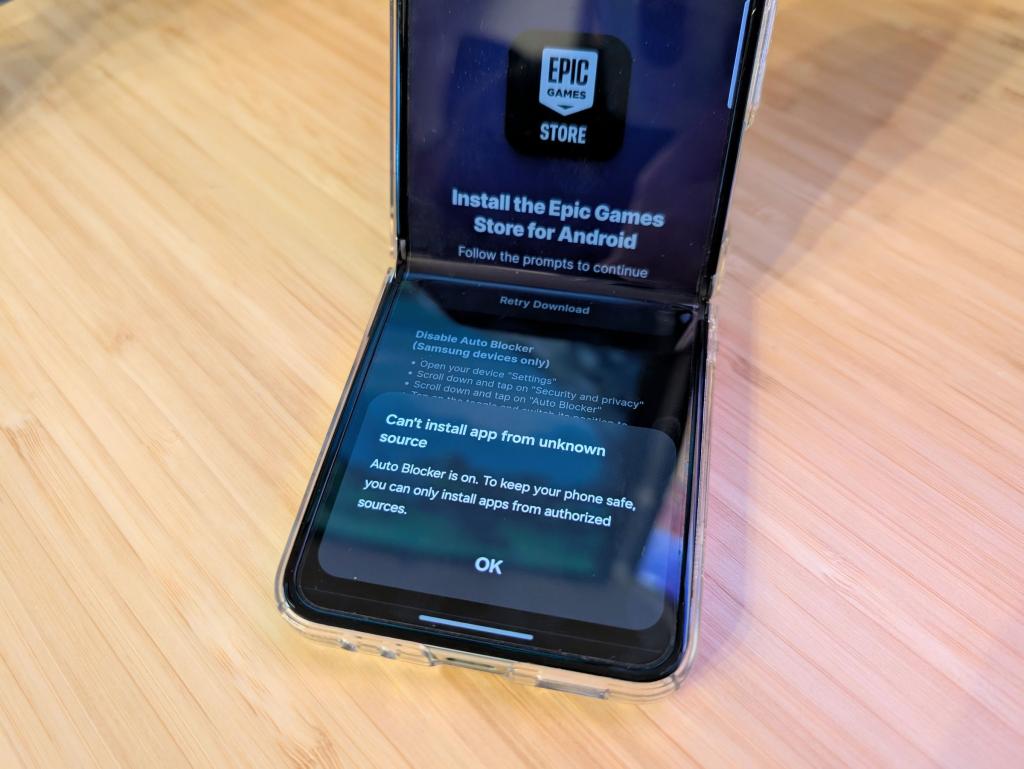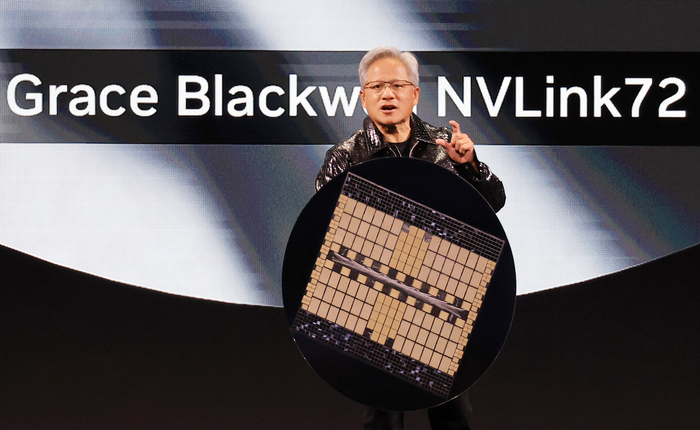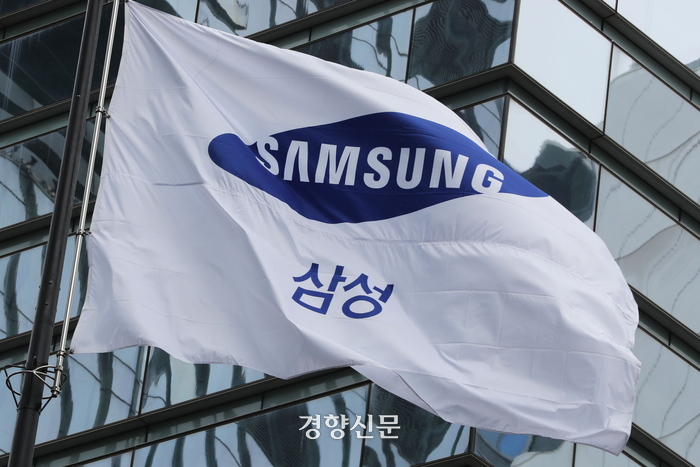Epic Games Challenges Google and Samsung for App Fairness
Epic Games takes a stand against Google and Samsung in a pivotal lawsuit aimed at ensuring fair competition in the mobile app marketplace.

Key Points
- Epic Games
accuses
Googleand
Samsungof colluding to stifle competition through the default Auto Blocker feature on Samsung devices.
- The lawsuit highlights a cumbersome 21-step process for users to install third-party apps, creating barriers to entry for developers like Epic.
- Tim Sweeney
emphasizes the fight for a level playing field in app distribution, advocating for fair access and choices for consumers and developers.
In the ever-evolving landscape of mobile app distribution, Epic Games has emerged as a formidable force, challenging the practices of tech giants like Google and Samsung. Recently, Epic has brought forward a new lawsuit against these two behemoths, accusing them of colluding to stifle competition and manipulate the app marketplace to their advantage. With their sights set on achieving fair access for developers and consumers, Epic's latest battle could reshape the future of the mobile app ecosystem.
The Core of the Controversy
At the heart of Epic’s allegations is a security feature called Auto Blocker, which Samsung has implemented as a default on its latest smartphones. Epic claims that this feature is strategically designed to obstruct users from installing applications from sources outside of Samsung’s Galaxy Store and the
. By doing so, Epic argues that both companies are effectively maintaining Google’s app store monopoly, a practice that has already been deemed illegal by a jury last year.

Specifically, the lawsuit points out that the transition of Auto Blocker from an opt-in feature to a default setting complicates the process of installing third-party apps, requiring users to navigate what Epic describes as a cumbersome 21-step process. This creates a significant barrier to entry for consumers seeking to download applications directly from the Epic Games Store and other competitors.
What's at Stake?
Epic Games’ legal actions are not just about their own bottom line but represent a broader fight for all developers. CEO Tim Sweeney emphasizes that the company is “fighting on behalf of all app developers” who are affected by such restrictive practices. In a market where Apple and Google dominate, developers often find themselves at the mercy of the policies set by these companies, which can dictate terms that limit competition and innovation.
The response from Epic is rooted in their history of legal challenges against both Apple and Google. Their ongoing struggle is about more than just survival; it’s about redefining the rules of engagement in a market that has been resistant to change. For instance, Epic recently launched its own app store on Android and iOS in the
, taking advantage of new regulatory frameworks that encourage competition.
A Broader Context of Regulation
The legal landscape surrounding app marketplaces is shifting, particularly with increasing scrutiny from regulators worldwide. This environment provides a fertile ground for change as governments in Europe, Asia, and beyond are beginning to impose restrictions on how tech giants operate. For instance, the European Union has mandated that smartphone manufacturers allow third-party app stores, paving the way for companies like Epic to offer alternative solutions.
Yet, the challenge remains steep. Despite a Herculean effort, Epic’s app store is still far from achieving its ambitious goal of 100 million installs, with only about 10 million downloads to date. This level of traction highlights the hurdles developers face in gaining user acceptance and market share against established giants.
Looking Ahead: The Future of App Distribution
Tim Sweeney's approach to fighting against these issues underscores a critical shift in perspective: it’s not merely a game of litigation but a necessary step to ensure that developers and consumers are given a fair shot in the marketplace. Epic’s persistence could lead to a more equitable landscape where multiple app stores can coexist, ultimately benefiting consumers through increased choice and lower prices.
As Epic continues its battle in court, the tech industry watches closely. Their verdict could redefine how app distribution works globally, enabling a more diverse digital environment where innovation thrives.
In this ongoing saga, Epic Games stands at the forefront of a significant movement. Their legal challenge against Google and Samsung serves as a reminder of the importance of competition in the tech sector and the need for a level playing field for developers. Only time will tell how this will influence the future of app distribution and consumer choices.


